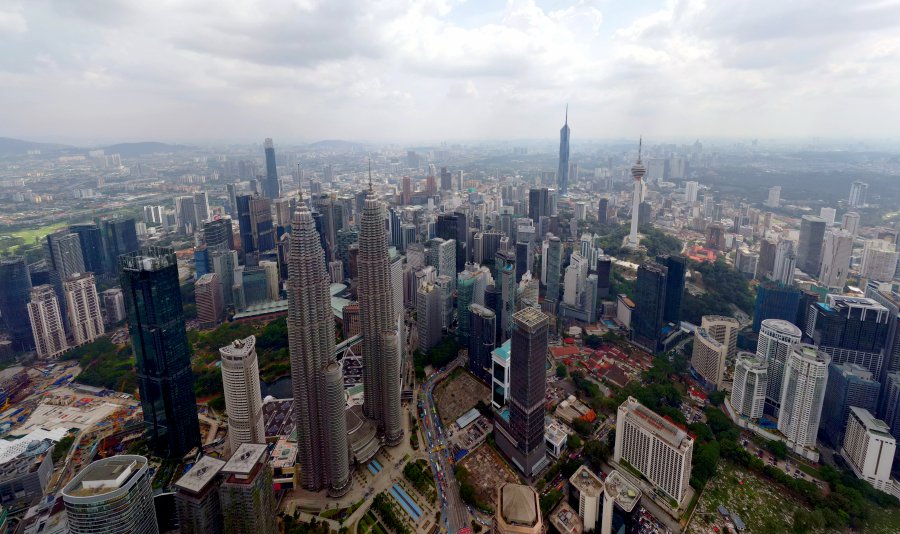
KUALA LUMPUR: The 2025 Budget must prioritise government incentives to accelerate the decarbonisation of Malaysia's building sector, crucial for achieving the 2050 carbon neutrality goal.
Buildings play a big role in achieving the target as they are the largest emitter of greenhouse gases, contributing 37 per cent of global carbon dioxide (CO2), according to the United Nations (UN) Environment Programme.
Schneider Electric country president for Malaysia, Eugene Quah, said, "To meet our target of keeping global warming below 1.5ºC by 2050, operational emissions caused by building energy consumption must reduce by 5.0 per cent annually between now and 2050."
Quah also recognised the importance of the Energy Efficiency and Conservation Act (EECA) in inspiring energy consumers and improving energy efficiency in buildings in Malaysia.
Additionally, mandatory energy audits, particularly for large office buildings of 8,000 square meters or more, will help detect inefficiencies and reduce operational carbon emissions.
Moreover, there is a strong market demand for owners and tenant preference for sustainable properties, as proved by the average vacancy rate for these green-certified buildings, which fell by 5 per cent during the third and fourth quarters of 2023, he said.
However, the inability to decarbonise could reduce the appeal of existing buildings to investors and tenants by up to 30 per cent with over 90 per cent of current buildings facing significant financial risk.
"We must prioritise retrofitting existing buildings to lower carbon emissions, especially where retrofitting can cut life-cycle carbon emissions by as much as 83 per cent." Quah said.
However, the high upfront cost for retrofitting, compliance expenses for energy audits, and ongoing expenses can be a challenge for building owners in achieving sustainability.
Hence, Quah expressed hope that incentives or rebates would be provided in the 2025 Budget to assist owners of office buildings sized 8,00 sq m and above with their green certification fees.
He also suggests extending the Energy Audit Conditional Grant (EACG 2.0) for 2021-2025 to cover these buildings as well.